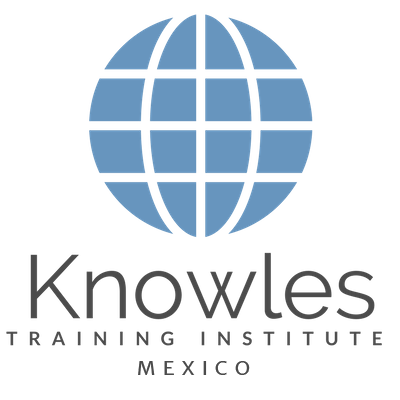Skip to content
Active RecallIntern1bksiuevej76kHhK2023-07-18T15:35:17+08:00
Active Recall
Unlocking Your Learning Potential: The Active Recall Revolution
- Metacognitive Monitoring: Active recall promotes metacognitive monitoring of learning. By actively assessing their own understanding and tracking their progress, learners gain valuable insights into their strengths and weaknesses, enabling them to make informed decisions about their study strategies.
- Enhanced Problem Solving: Active recall improves problem-solving skills. By actively retrieving and applying knowledge to solve problems, learners strengthen their ability to analyze complex situations, think critically, and generate creative solutions.
- Active Recall for Language Learning: Active recall is beneficial for language learning. By actively recalling vocabulary, grammar rules, and phrases, learners reinforce their linguistic knowledge, develop fluency, and enhance their ability to communicate effectively.
- Continuous Learning Improvement: Active recall supports continuous learning improvement. By engaging in regular retrieval practice, learners continually reinforce and expand their knowledge, allowing for ongoing growth and development.
- Active Recall in Test Preparation: Active recall is highly effective for test preparation. By actively practicing retrieval and simulating test conditions, learners enhance their performance, reduce test anxiety, and improve their overall test scores.
- Metacognitive Regulation of Difficulty: Active recall enables metacognitive regulation of difficulty. By adjusting the level of challenge during retrieval practice, learners can strike an optimal balance that promotes deeper processing and long-term retention.
- Active Recall in Group Settings: Active recall can be implemented in group settings. By engaging in collaborative retrieval practice, learners benefit from shared knowledge, diverse perspectives, and mutual support, enhancing their learning outcomes.
- Application of Active Recall in Online Learning: Active recall is applicable to online learning environments. By incorporating retrieval practice into online courses and modules, learners can actively engage with the material, reinforce their understanding, and improve their retention.
- Active Recall and Creative Thinking: Active recall stimulates creative thinking. By actively retrieving information and making connections between different concepts, learners enhance their ability to think innovatively, generate new ideas, and approach problems from unique angles.
- Active Recall for Historical Learning: Active recall is valuable for historical learning. By actively retrieving and reconstructing historical events, learners deepen their understanding of historical contexts, develop critical analysis skills, and gain a nuanced perspective on the past.
Page load link

